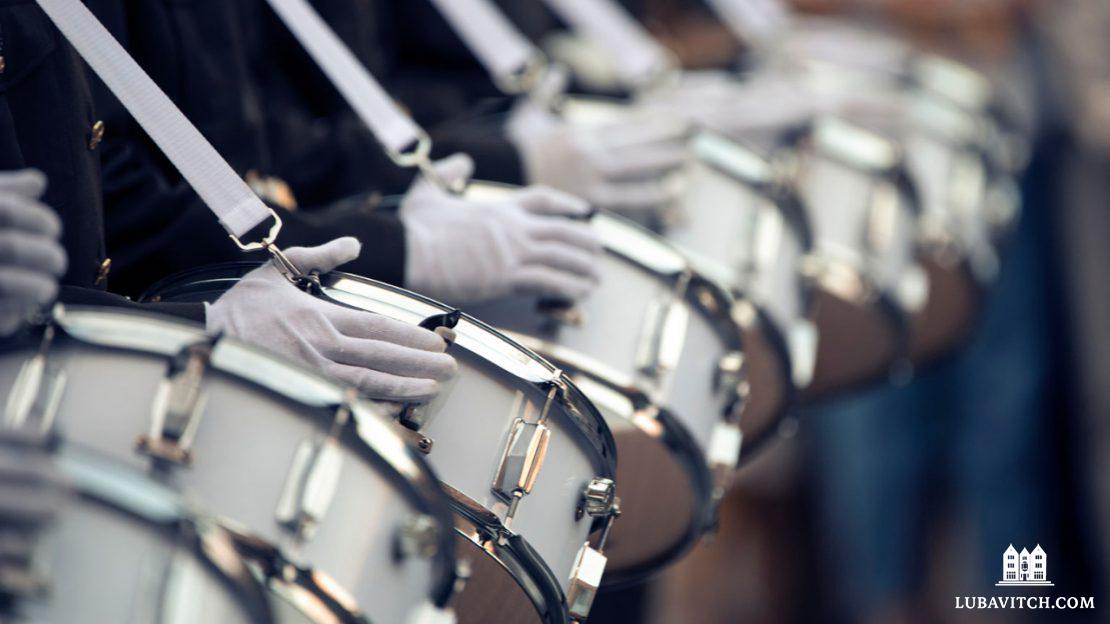How do you prepare for battle? In Parshat Shoftim, the Torah outlines what a Jewish military campaign should look like. There’s no word on logistics. Instead, the Torah’s primary focus is a unique brand of faith-infused morale.
Before marching to war, the army gathers to hear from the Kohen, who fortifies the soldiers’ confidence with words of encouragement. “You today draw near to battle against your enemies,” he tells them. “Do not let your heart faint, do not fear nor tremble, be not afraid before them—for G-d goes with you.”
Armies have long paraded off into the fog of war to the tune of victory marches. Although, in general, “He who girds his armor ought not to boast as if he were taking it off” (Kings 20:11), anything that boosts the army’s morale is itself a powerful weapon. A confident army is far more likely to return home victorious.
Far from being a banal point of military strategy, this physical phenomenon reflects the reality of our inner spiritual struggle. As we resolve ourselves to overcome our negative habits and inclinations, we, too, must march off to the sound of victory, bursting with joy and confidence.
The Talmud tells us we must “constantly encourage the good inclination against the evil inclination.” Here in Shoftim, the Torah tells us the key to victory in a personal battle is to believe in your strength. Success comes most easily through joy and trust that G-d is on your side. With all the moral conflicts we are asked to wage in life, we must know and trust that G-d has given us the ability to make the necessary change.
This same lesson holds for our battle to change the world for the better. The Midrash tells us that G-d created a world in need of fixing. It was left imperfect because we are here to fix it. When we appreciate that G-d placed us in our current imperfect circumstances so we can uplift them, we can be sure that we will succeed in our mission.
If we devote ourselves to making the world a better place, we can rest assured that G-d will have our backs. After all, it’s his mission we’re undertaking.
It should be in the current month of Elul that we feel this confidence most. The Hebrew name of the month is an acronym for “I am to my beloved, and my beloved is to me,” an open reference to G-d’s love for His people. It is thus a time when G-d encourages us all and gives us the confidence and inner strength we need to effect the necessary change in our lives and the world.

Be the first to write a comment.